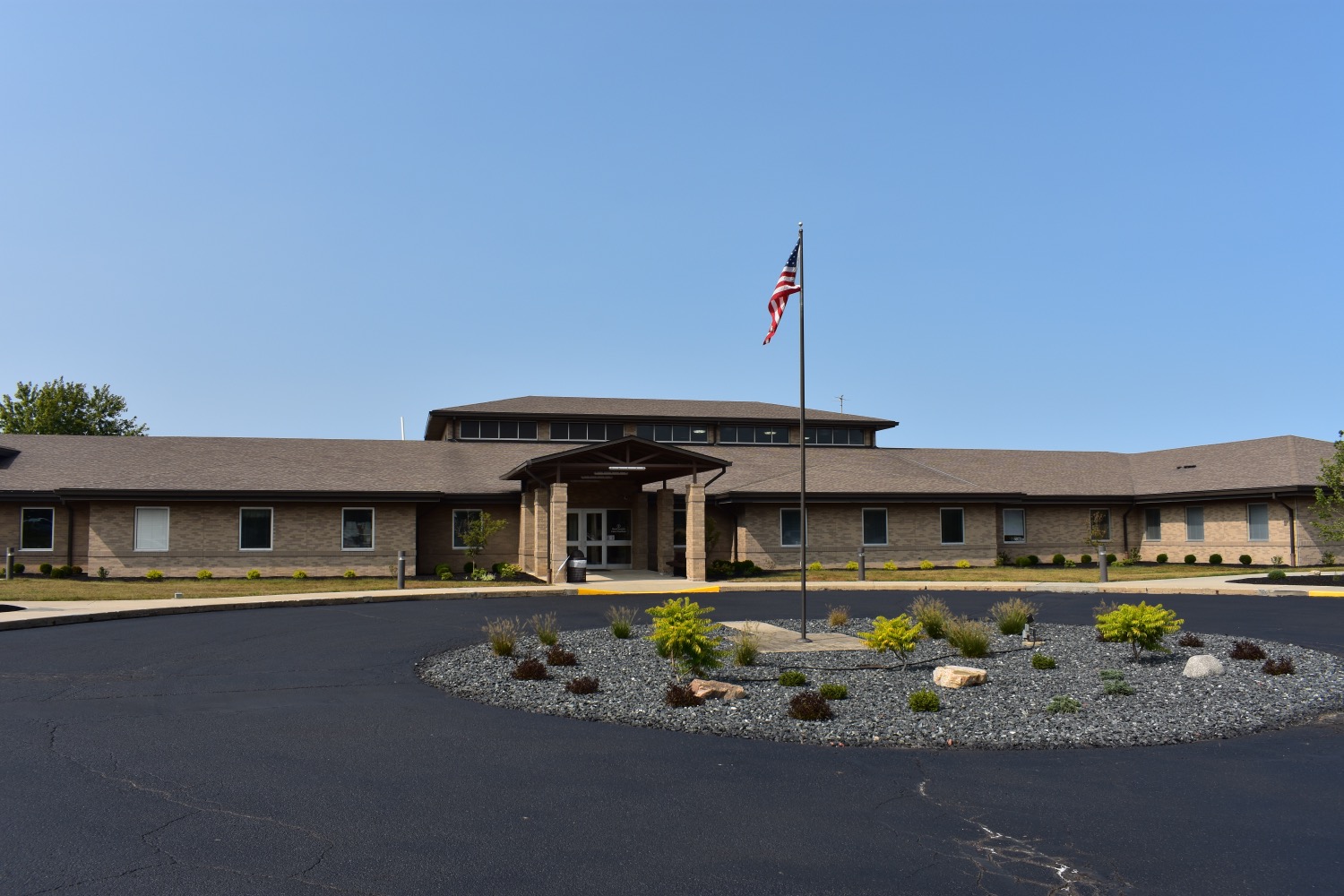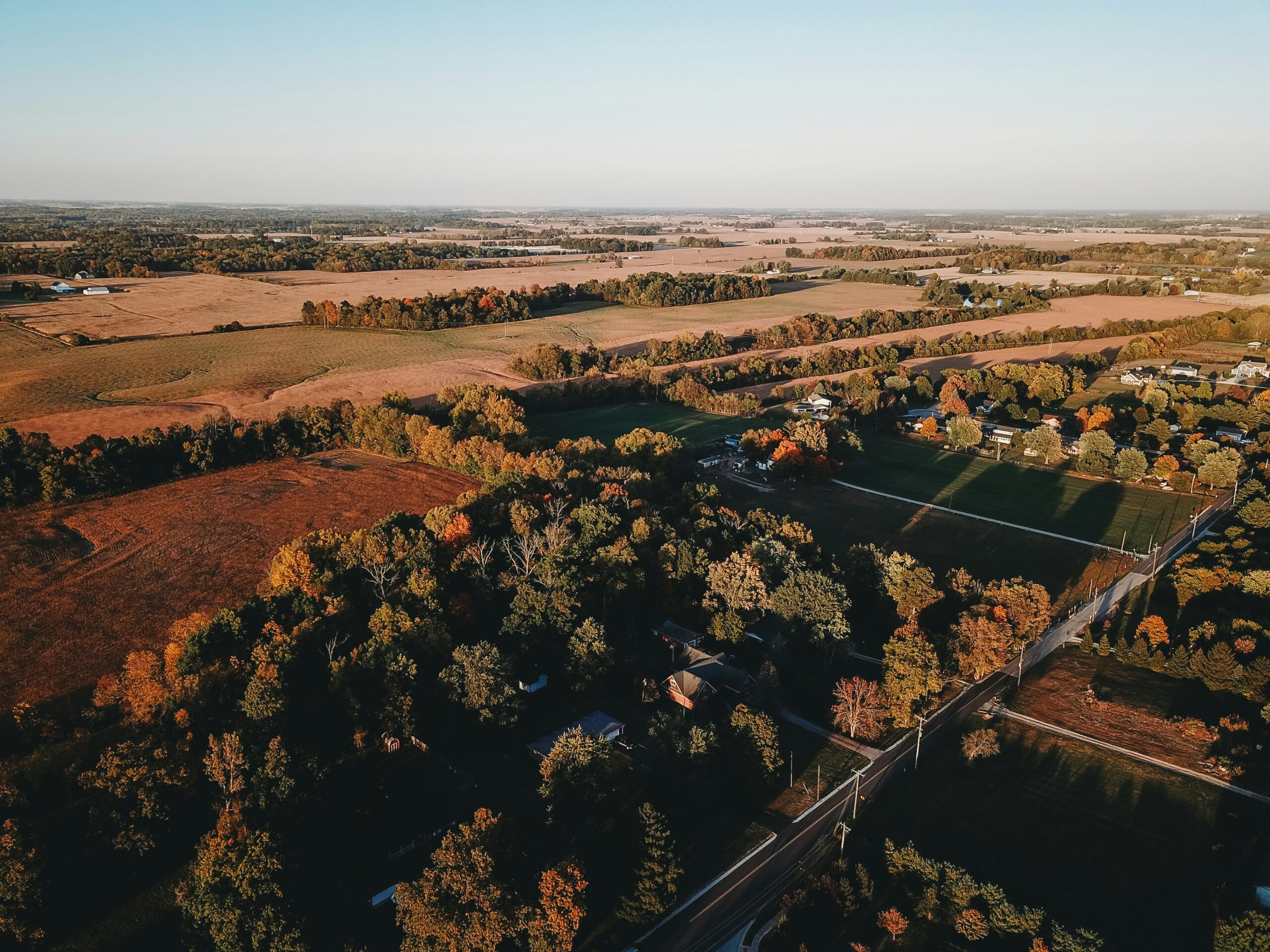Depression is a complex mental health condition that can affect anyone, regardless of age, background, or circumstances. It often presents itself in quiet, subtle ways that may be easy to overlook. Whether you’re observing someone you care about or reflecting on your own experiences, knowing the signs someone is struggling with depression can be a powerful first step toward seeking help.
At Crossroads Healing Center, we understand the importance of acknowledging the challenges that often remain unspoken. Depression is not a sign of weakness, nor is it something anyone needs to face alone. That’s why we’re here—to provide innovative, compassionate care tailored to each person’s unique needs. When we recognize the signs of struggling, we open a pathway to healing.
Here are five common signs that someone is struggling with depression:
1. Persistent Sadness or Low Mood
One of the most noticeable signs someone is struggling with depression is a deep, lingering sadness or low mood. This is not the kind of sadness that comes and goes with life’s ups and downs; it feels more constant, like a cloud that won’t lift.
You may notice that your loved one has stopped showing joy in things that once brought them happiness. They may describe feeling “empty” or “numb” rather than simply sad. It’s important to remember that this isn’t just someone being “overly emotional.” Depression changes the way the brain processes emotions, creating impactful changes in mood that aren’t easily shaken off.
If you or someone you know struggles with ongoing sadness or an overwhelming sense of hopelessness, it’s time to seek help.
2. Loss of Interest in Activities
When someone is struggling with depression, even the most enjoyable activities can feel like burdens. They might cancel plans with friends, stop engaging in hobbies, or withdraw from activities they once loved. For example, reading, crafting, outdoor activities, or even their favorite TV shows might no longer seem appealing.
This is known as anhedonia, which refers to the inability to feel pleasure. At Crossroads Healing Center, we often hear people describe it as feeling “disconnected,” even from the things they used to love. Depression narrows a person’s world in ways that can make reaching out feel impossible, which is why reaching out to them can make all the difference.
3. Changes in Sleeping or Eating Patterns
Depression frequently affects basic habits like sleep and eating. Some people sleep too much, feeling like they can’t get out of bed in the morning, while others struggle with insomnia, lying awake at night unable to rest.
Similarly, changes in appetite are common. They might eat more than usual to cope with their emotional distress, or they might lose interest in food entirely, leading to significant weight changes. These shifts in sleep or eating patterns can affect energy levels and physical health, further compounding the challenges of depression.
If you notice someone is experiencing dramatic shifts in these areas, it could be a crucial sign that someone is struggling with depression.
4. Difficulty Concentrating or Making Decisions
Depression doesn’t just affect emotions; it also interferes with the way we think. Someone with depression might find it hard to focus, stay organized, or make decisions. What once seemed like simple tasks can feel overwhelming and complicated.
You might notice it in their workplace performance, academics, or everyday activities. Forgetting appointments, having difficulty keeping commitments, or struggling to complete assignments can all be signs that one is mentally overwhelmed.
At Crossroads Healing Center, we don’t view this as a failure on their part—it’s a very real symptom of depression, rooted in changes in brain functioning.
5. Irritability, Fatigue, or Physical Symptoms
Finally, depression doesn’t always look like sadness—it can sometimes present as irritability, frustration, or even bursts of anger. People dealing with depression may seem more short-tempered or easily agitated than usual, which reflects the immense inner tension they’re carrying.
Fatigue is also a hallmark of depression. It manifests as more than just being tired; it creates a deep sense of exhaustion that colors every moment of the day. They might describe feeling like the simplest tasks take monumental effort.
In some cases, depression presents physical symptoms, like unexplained aches, headaches, or stomach issues. This occurs because depression doesn’t just reside in the brain—it impacts the entire body.
What to Do if You Observe Signs Someone is Struggling with Depression
If you’ve noticed these signs in yourself or someone you care about, the first and most important thing to remember is that help is available. Depression often leaves people feeling isolated, but they don’t have to walk this path alone.
At Crossroads Healing Center, we combine science-backed approaches with individualized care to help people address the root causes of depression. Our team of compassionate professionals designs treatments around each person’s needs, blending evidence-based therapies with innovative techniques. Whether it’s talk therapy, holistic practices, or advanced treatments like TMS (Transcranial Magnetic Stimulation), we work with you every step of the way.
You don’t have to wait for someone to “hit rock bottom” to act. The earlier we address depression, the better the outcomes for recovery. Reaching out doesn’t signify failure—it’s a brave step toward wellness.
If You See Signs Someone is Struggling with Depression – Contact Us
If you or someone you love is struggling with depression, don’t wait to seek support. At Crossroads Healing Center, we offer quality, comprehensive depression treatment right here in Indiana. Together, we’ll create a plan tailored to your unique needs, making healing and hope attainable goals.
Contact us today to learn more about our services or to take the first step toward lasting wellness. Let’s work together to create the brighter, healthier future you deserve.







